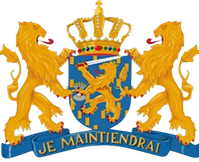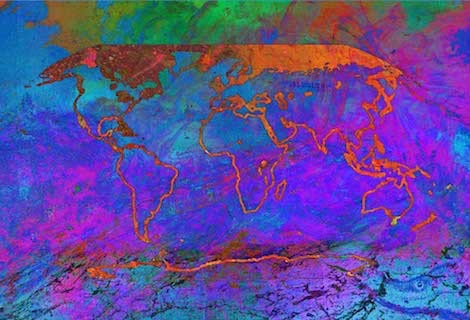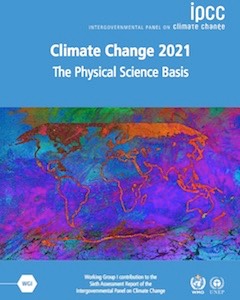Dat er grenzen zijn aan de groei, zowel wat betreft de economie als de wereldbevolking, wordt in deze coronacrisis duidelijker dan ooit.
Bevolkingsbalans: "In 1972 werd het rapport Grenzen aan de Groei gepubliceerd waarin werd voorspeld dat ons consumptiepatroon en bevolkingsgroei zouden leiden tot uitputting van de aarde. Recent onderzoek heeft aangetoond dat deze uitputting van onze natuurlijke hulpbronnen wellicht al vanaf 2030 effect zal hebben op onze welvaart en in mogelijk vanaf 2040 zal leiden tot instorting van onze samenleving. Een gitzwarte voorspelling die juist komt in een tijd dat de wereld uitkijkt naar een herstel van de economische groei na de verwoesting die door de pandemie is aangericht. Wat gebeurt er als we terugkeren naar het pre-cornona tijdperk, naar het ‘oude normaal’?”
Update to Limits to growth: "At this point therefore, the data most aligns with the CT and BAU2 scenarios which indicate a slowdown and eventual halt in growth within the next decade or so, but World3 leaves open whether the subsequent decline will constitute a collapse. World3 also indicates the possibility, for now, of limiting declines to less than in the CT. Although SW tracks least closely, a deliberate trajectory change brought about by society turning toward another goal than growth is still possible. The LtG work implies that this window of opportunity is closing fast."
De zeespiegel is sinds 1900 10-20 cm gestegen. Meer dan 45% van de wereldbevolking moet leven van 2 $ of minder per dag. Zo’n 38 % van de bodem die wordt gebruikt voor landbouw is aangetast of vervuild. De habitat van de mens wordt steeds verder ingeperkt door de klimaatverandering.
Rapid loss of habitat for Homo sapiens: "The projected rate of climate change in the future, based on the gradualism assumed bythe Intergovernmental Panel on Climate Change (IPCC), outstrips the adaptive response of vertebrates by a factor of 10,000 times (Quintero and Wiens, 2013). Similarly, mammals can-not evolve rapidly enough to escape the current extinction crisis (Davis et al., 2018). Humansare classied as vertebrate mammals, indicating that we will experience a fate similar to theone faced by an estimated 150-200 species of plants, insects, birds, and mammals each day (United Nations Environment Programme, 2010). In other words, a Mass Extinction Eventhas been underway for more than a decade.”
Headline Statements from the Summary for Policymakers
Climate Change 2021: The Physical Science Basis
Raad van State: Grote stappen zijn nu nodig om doelstellingen Klimaatwet te halen





